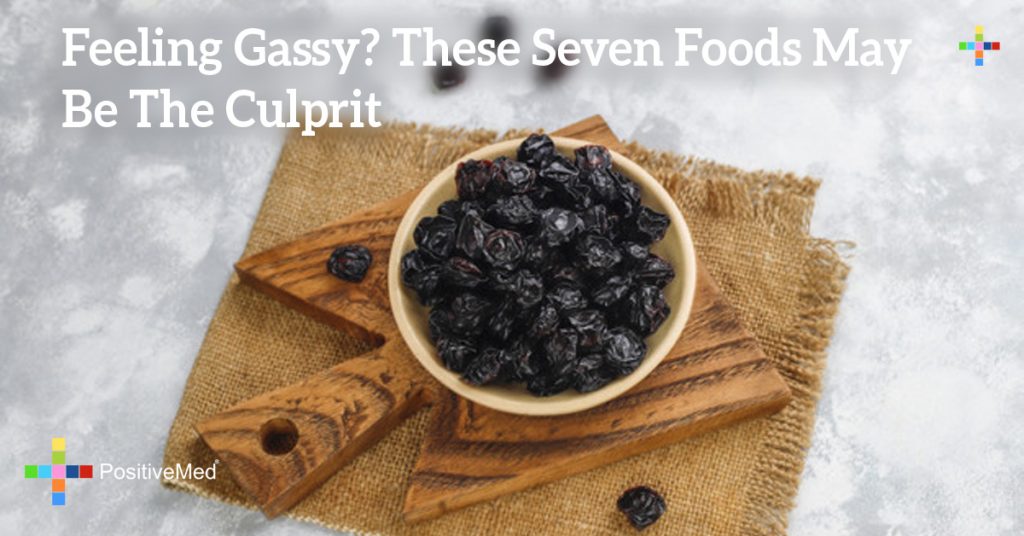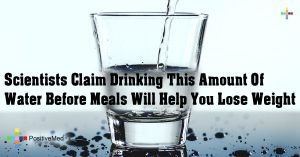
Feeling Gassy? These Seven Foods May Be The Culprit
Are you feeling bloated and flatulent? Do you need relief and quickly? If you’re feeling gassy, the culprit may not be too far from your kitchen table. There are several foods that are widely known to cause gas. Read on to learn more about the top seven main foods that may be making you feel bloated – and keep a mental checklist for the next time you sit down to eat! Watch out for these seven foods:

Food #1: Stay Away from Starches
Bread is so delicious -hot, buttery, flaky biscuits and croissants and yeast rolls. Is your mouth watering yet? Ours is, but it’s also good to remember that bread is a starch – starches are among the biggest gas criminals. Who’s at the top of the Most Wanted starch list? Wheat, potatoes and corn, among others. Starches are packed with carbohydrates, which lead to gas as your body digests them, so while they can be melt-in-your-mouth delicious, they also can cause a little trouble. You have been forewarned!
Food #2: Prunes and Other Fruits
We all know prunes are good for digestive health. We’ve seen the commercials. But they also definitely produce gas, as do other fruits such as apples, pears and peaches that are rich in soluble fiber. So good for you and such misbehaving fruits at the same time.
Food #3: Lactose Intolerant Folks: Stay Away from Dairy
If you’re lactose intolerant, then dairy- including milk, yogurt, cheese and ice cream – are going to give your belly a rumble.
RELATED ARTICLE: 6 Reasons Why You Are Feeling Gassy
Food #4: Oat Bran and Oat Products
Oat bran has many wonderful health benefits because it is packed with fiber that can fight cholesterol. But it also has a tendency to cause gas. The same is true for oat products – such as oatmeal and anything made with oats. With that in mind, you might rethink taking another oatmeal cookie from the cookie jar — just maybe.
Food #5: Veggies
Vegetables have sugar too, and they can produce gas when you digest them – especially brussels sprouts, cabbage, asparagus and broccoli. In addition, there are some vegetables that are high in soluble fiber -like peas -and they’ll bring on a little gas as well.
Food #6: Carbonated Drinks
In the afternoon, sometimes all you want is cold shot of caffeinated refreshment or a sparkling water. But you may want to hold off if you have a sensitive stomach. Carbonated drinks get their bubbly fizz from air being pumped into the drink. That is transferred to your stomach, where it can wreak havoc. In addition, highly-processed sugars – often found in carbonated soft drinks – are hard on your stomach, and could result in both gas and diarrhea. Something to think about before you take that stroll to the office soda machine.
Food #7: Beans
Aw, in winter all you want is that bowl of bean-packed chili, and in the summer its hello to the side of baked beans. Beans are excellent sources of nutrition, but they, too, cause gas. They are packed with good sugars and that soluble fiber – a combo that can be explosive when it comes to the party going on in your digestive system.
With a little education in the basic food groups, you’re well on your way to creating a diet that works for you and helps you avoid an unexpected run-in with gas. The seven main foods that cause gas are well-loved and delicious foods, so we’re not telling you to completely cut them out of your diet. But this guide will help you know what to expect when you eat them. Make that mental checklist and then indulge when the time is right. Good luck!





